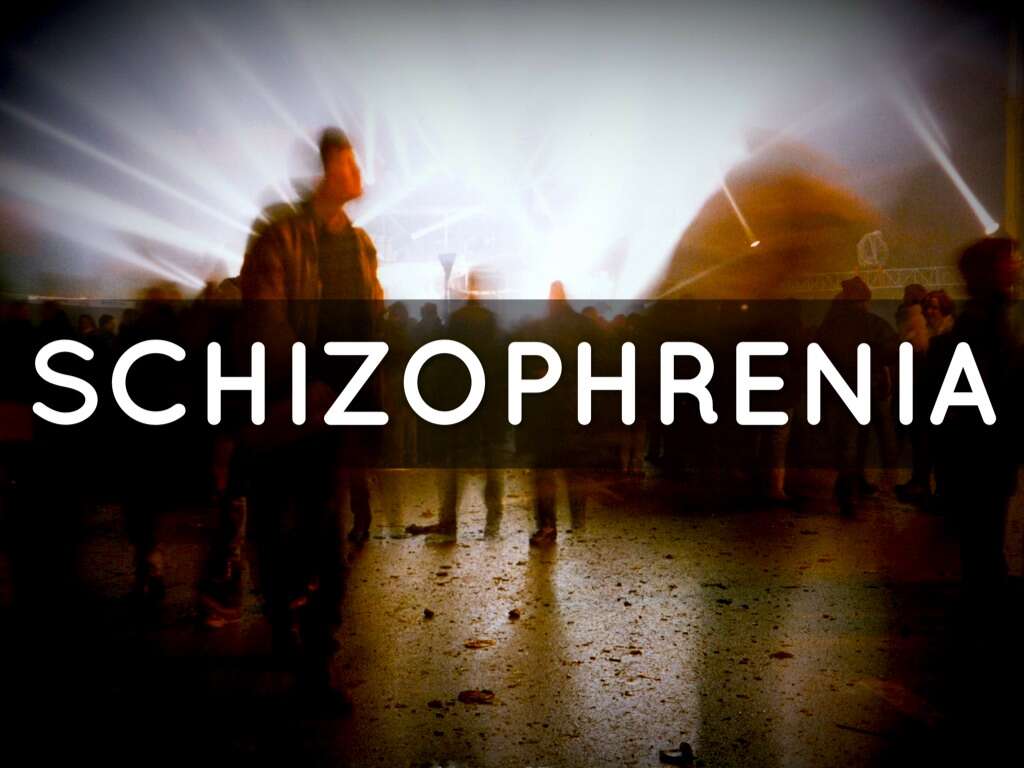10 Schizoid Personality Disorder Symptoms
 Article Sources
Article Sources
- 1. Triebwasser, Joseph et al. 'Schizoid personality disorder.' _Journal of personality disorders_ vol. 26,6 (2012): 919-2 6: doi:10.1521/pedi.2012.26.6.919
- 2. Ekselius, Lisa. 'Personality disorder: a disease in disguise.' _Upsala journal of medical sciences_ vol. 123,4 (2018): 194-20 4: doi:10.1080/03009734.2018.1526235
- 3. Twenge, Jean M et al. 'Declines in Sexual Frequency among American Adults, 1989-2014.' _Archives of sexual behavior_ vol. 46,8 (2017): 2389-240 1: doi:10.1007/s10508-017-0953-1
- 4. Rosell, Daniel R et al. 'Schizotypal personality disorder: a current review.' _Current psychiatry reports_ vol. 16,7 (2014): 45 2: doi:10.1007/s11920-014-0452-1
Personality disorders are characterized by rigid patterns of thinking, feeling and behaving that cause distress or impairment in social, occupational or other areas of functioning. The DSM-5 organizes personality disorders into three groups, including Cluster A, B, and C. Schizoid personality disorder is a Cluster A disorder. Cluster A disorders involve odd or eccentric ways of thinking or behaving.1Triebwasser, Joseph et al. ‘Schizoid personality disorder.’ Journal of personality disorders vol. 26,6 (2012): 919-2 6: doi:10.1521/pedi.2012.26.6.919
Schizoid personality disorder is characterized by social isolation and indifference towards other people. People with this disorder are often described as cold or withdrawn. They are disinterested in having close relationships, preferring to be alone. Below are symptoms of schizoid personality disorder.

1. Neither Desires nor Enjoys Close Relationships
Although many people feel the need to be alone sometimes, most generally enjoy close relationships with other people, whether romantic or platonic. There is also compelling evidence that strong relationships with others contribute positively to both physical and mental well-being.
A person with schizoid personality disorder typically has little interest in forming close relationships with others and will often have difficulty forming healthy interpersonal attachments.2Ekselius, Lisa. ‘Personality disorder: a disease in disguise.’ Upsala journal of medical sciences vol. 123,4 (2018): 194-20 4: doi:10.1080/03009734.2018.1526235 Some people with the disorder may have an inner longing for closeness but are hampered by an inability to bond or connect with others on a deep level.

2. Prefers Solitary Activities
While it is normal to enjoy solitary pursuits, people with schizoid personality disorder often lead isolated lives, primarily choosing solitary pursuits to social interactions. For this reason, people with schizoid personality disorder are often viewed as loners or outsiders.
People with schizoid personality disorder may view others as intrusive. They may also believe social interactions are not worth their time or energy. Instead, someone with schizoid personality disorder may withdraw into solitary activities, such as reading, writing or playing video games.

3. Has Little or No Interest in Sexual Experiences with Other People
Most people have a desire for sex with other people. In fact, the average American adult has sex 54 times per year.3Twenge, Jean M et al. ‘Declines in Sexual Frequency among American Adults, 1989-2014.’ Archives of sexual behavior vol. 46,8 (2017): 2389-240 1: doi:10.1007/s10508-017-0953-1 People with schizoid personality disorder have little interest in having sex with others.
Most people with schizoid personality disorder don’t seek out sexual relationships with others and may even avoid situations that could lead to a sexual encounter or an intimate relationship. Many do not have romantic relationships at all.

4. Takes Pleasure in Few Activities
Most people enjoy doing activities in their leisure time, and having a hobby can enrich our lives in many ways. Many people with schizoid personality disorder fail to experience pleasure during activities that others would ordinarily find enjoyable.
Because someone who has schizoid personality disorder seems unable to derive satisfaction from many activities, they may not foster hobbies or pursue only a few activities in their leisure time. They may tend to engage in passive, solitary activities, such as watching television.

5. Lacks Close Relationships
Most of us require a basic need for intimacy. It is integral to establishing and maintaining strong bonds in relationships. A person with schizoid personality disorder usually has few close relationships outside of the family and little or no desire for intimacy.
Not only are they unlikely to form strong bonds through intimate relationships, but they are also unlikely to pursue close friendships. They may, however, form superficial relationships with others, although they are unlikely to seek out such relationships.

6. Appears Indifferent to Praise and Criticism
For most people, it’s rewarding to feel appreciated and discouraging to feel criticized. Even the smallest compliments can improve our mood or motivate us to do well. For someone with schizoid personality disorder, praise can be meaningless.
If you praise somebody with schizoid personality disorder, they are unlikely to react in the way you might expect or react at all. Likewise, criticizing someone with schizoid personality disorder may appear to have little impact on them. They seem to be indifferent to praise and criticism.

7. May Be Highly Secretive
Privacy is important to most human beings. It gives us space to be ourselves. However, people with schizoid personality disorder can appear to be far more secretive than most. Despite having nothing to hide, they may be excessively concerned about privacy, becoming anxious or frustrated when they feel their privacy is invaded.
Similarly, by sharing their inner thoughts and feelings, a person with schizoid personality disorder may believe they are exposing themselves. Therefore, they tend to keep to themselves, appearing secretive to outsiders.

8. Has Difficulty Expressing Emotions
People with schizoid personality disorder often have difficulty experiencing strong emotions and struggle to express their emotions. They may have a monotonous quality to their speech and appear emotionally flat during interactions with others.4Rosell, Daniel R et al. ‘Schizotypal personality disorder: a current review.’ Current psychiatry reports vol. 16,7 (2014): 45 2: doi:10.1007/s11920-014-0452-1
Others tend to view someone who has schizoid personality disorder as emotionally cold or detached. If a person with schizoid personality disorder has insight into their emotionally flat affect, they may try to fake the kind of emotions or reactions people expect to see.

9. Appears Aloof or Detached
Because people with schizoid personality disorder have trouble forming personal relationships or expressing their feelings meaningfully, they often appear aloof or distant. However, many people with the disorder seem comfortable with their aloofness and seem happiest in relationships that require little or no emotional intimacy, reinforcing this detachment.
They may consider themselves observers, rather than participants, in the world and may choose jobs that enable them to maintain this distance from others, such as night security officers or laboratory workers.

10. Lives in a World Ripe with Fantasy
One symptom of schizoid personality disorder that is not always obvious is the tendency to create a rich world of fantasies within the mind. Generally, this fantasy world is exclusive to them. The fantasies are often elaborate and deeply entwined with their everyday lives.
Some people with schizoid personality disorder say that being in their inner world may feel comfortable, safe and predictable, while having to relate to people in the real world feels unsafe, unpredictable and uncomfortable.











